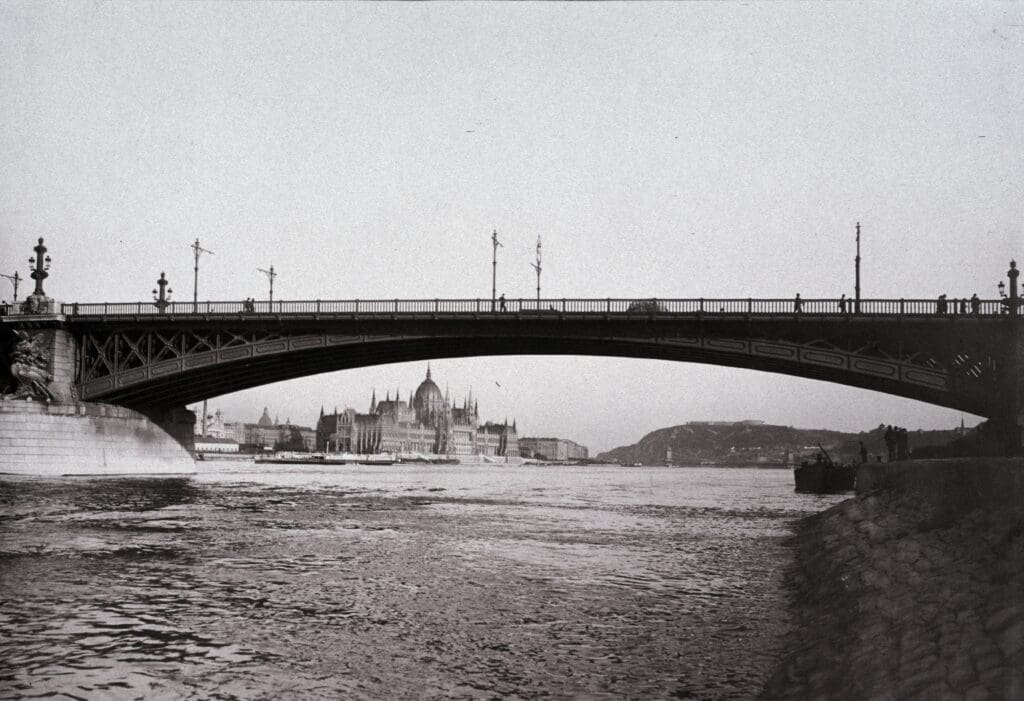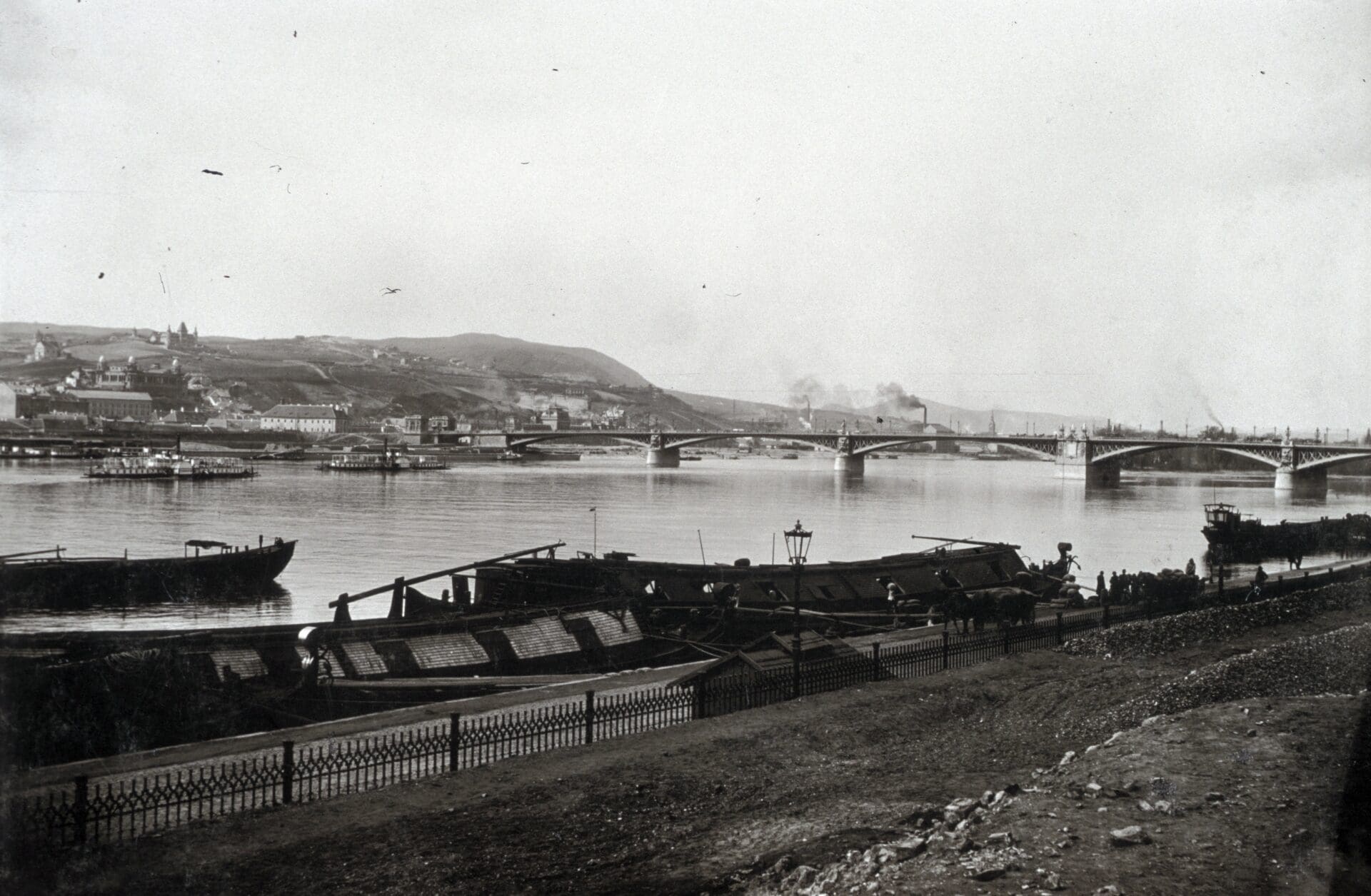In 1873, Pest, Buda and Óbuda merged to form our present-day capital. But what do the words ‘pest’ and ‘buda’ mean? Historians and researchers have revealed a lot of information about the past of our country and capital, but the origin of the names of Buda and Pest is still unclear, although there are several explanations for it.
According to one of the explanations, Attila the Hun’s brother, Buda, lived most of his life in this particular region, and presumably died here as well—to express their gratitude for all the good he had done for the area and its people, the locals christened the city ‘Buda’.
According to another explanation, during the Roman Empire, the springs we still use today were discovered in the city and in its surrounding area, so ‘Aquincum’ seemed to be an obvious choice for naming the settlement, as the term comes from the Latin word aqua (water). Following this logic, it is possible that the word ‘Buda’ originates from the word voda, which is of Slavic origin, and which also refers to an area rich in springwater.
However, the origin of the name of Pest is not that clear-cut.

In his book titled Geography, the Greek Claudius Ptolemy refers to the important Roman Contra-Aquincum fortress as ‘Pession’, which is similar to the word ‘Pest’, so it is possible that the name of our capital goes back as far as antiquity. The ruins of the Roman fortress can be still seen at Március 15 Square in downtown Budapest.
The word ‘Pest’ also means furnace, stove and cave in Slavic languages. According to this explanation, the word may be a reference to the times when the Hungarian people replaced their yurts with stone houses, and this process needed a great many furnaces in the area.
However, a more plausible theory says that the meaning of ‘cave’ and ‘hot furnace’ could also refer to the thermal water of the Gellért Hill Cave, since in the Árpád-era the hill was called Pesti Hill. This is where the name of the city later established on the opposite side of the Danube may come from.
Click here to read the original article








